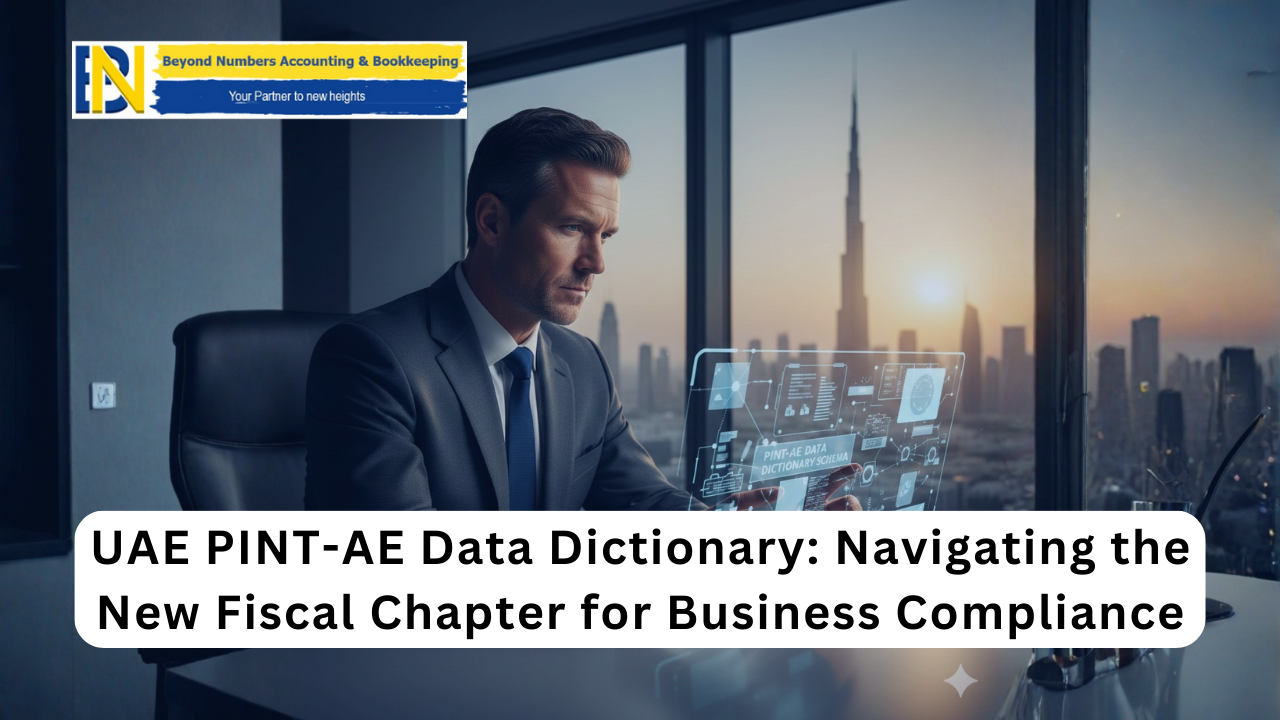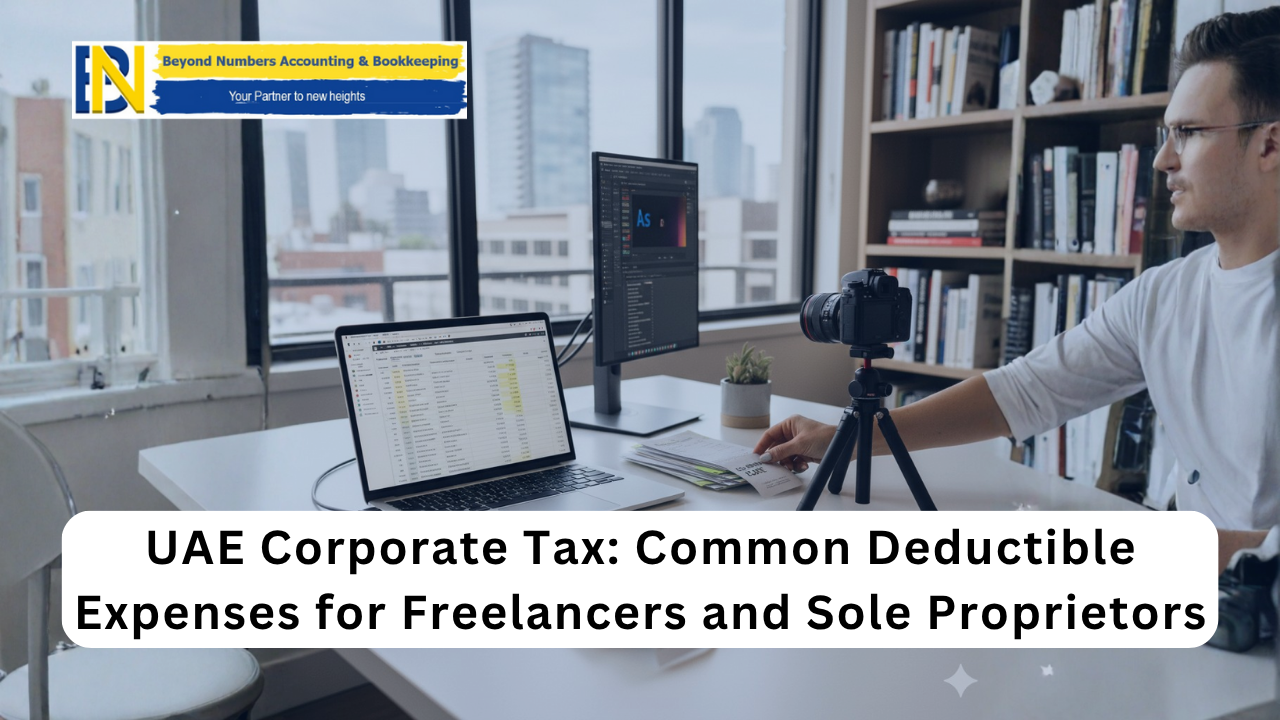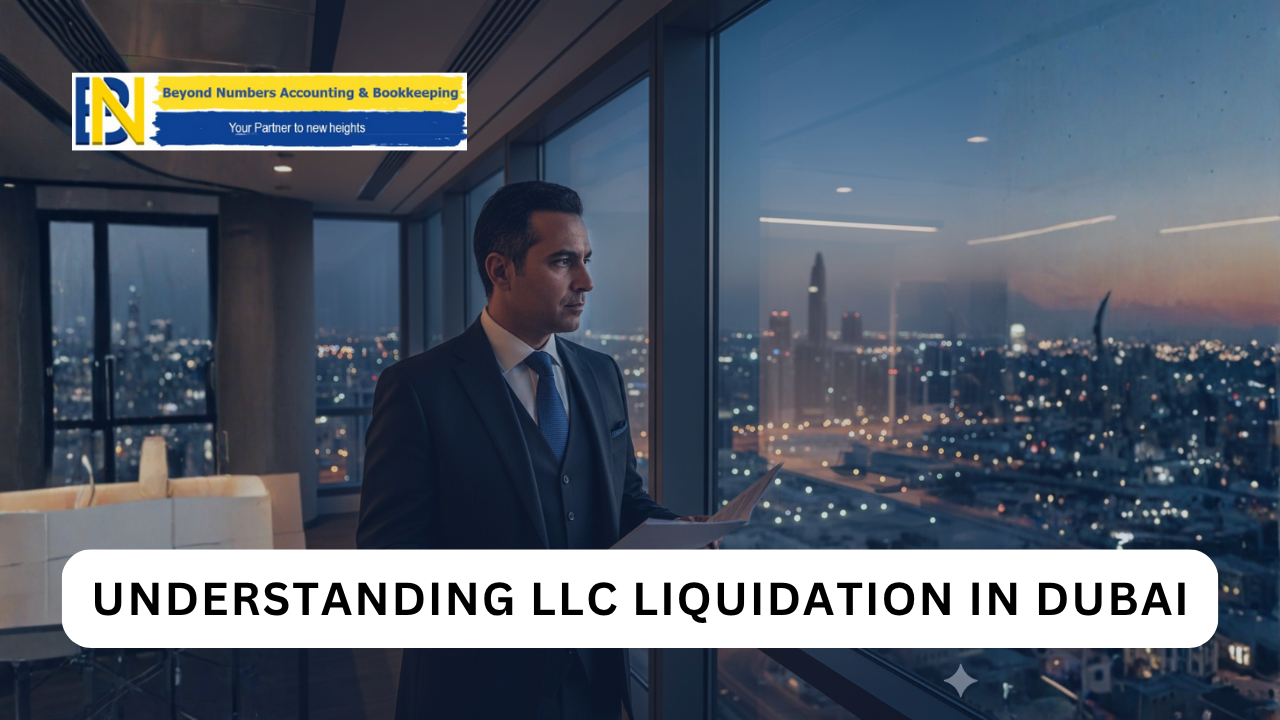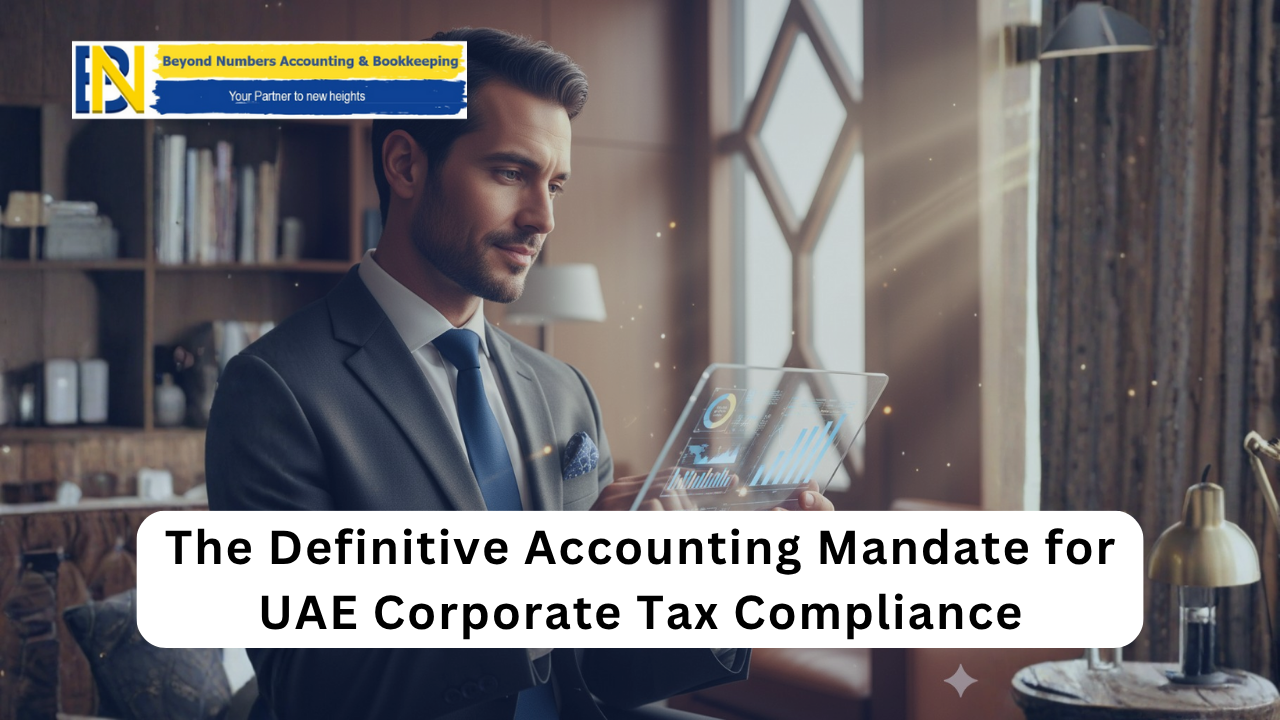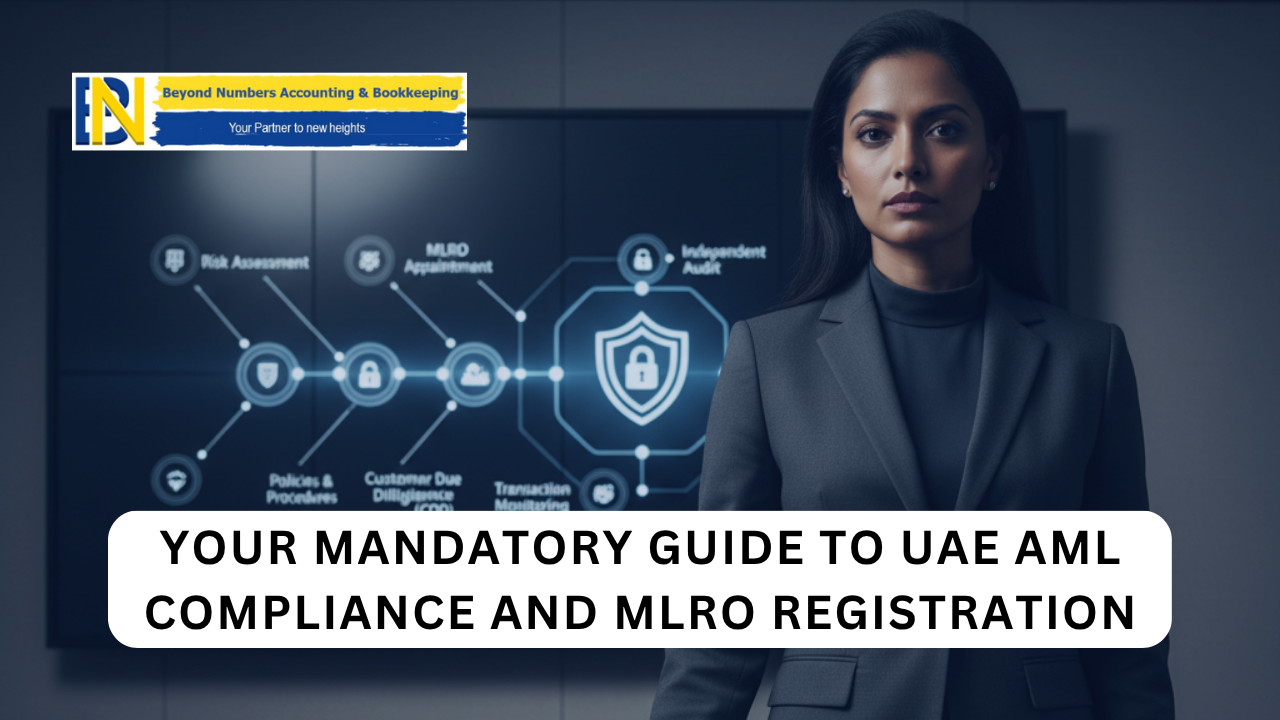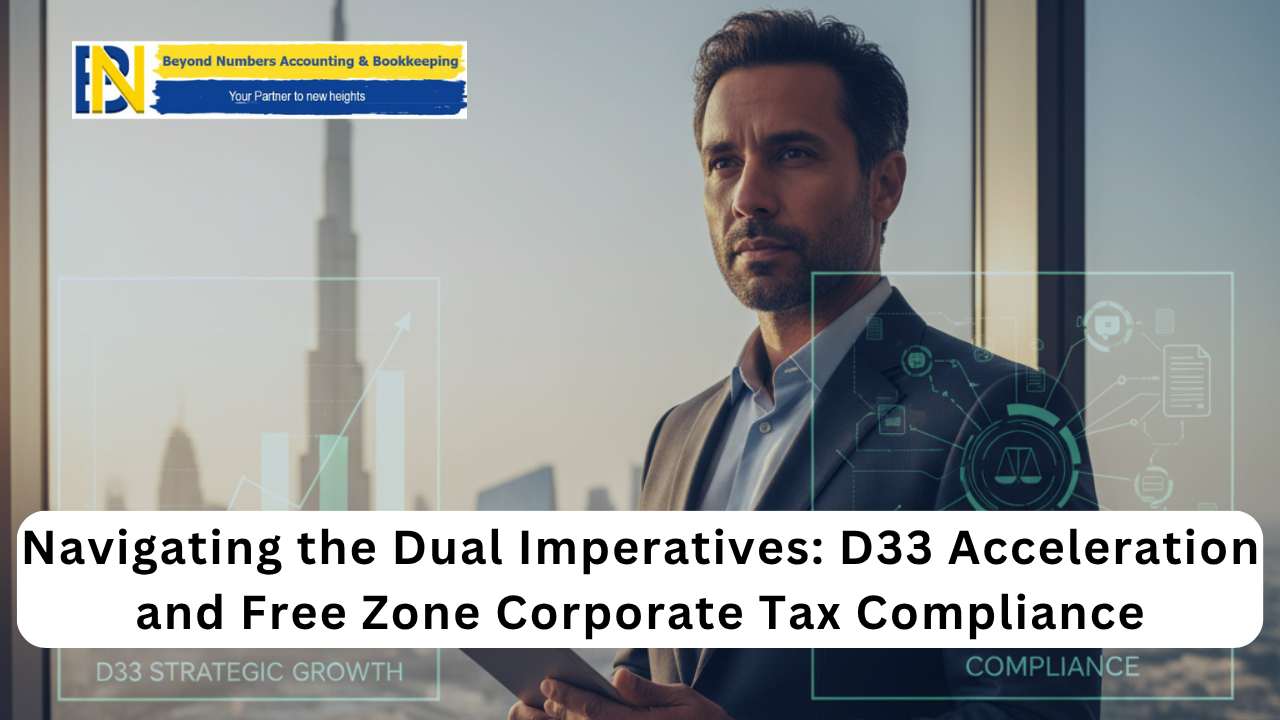Net Worth Certificate: A Comprehensive Guide to Standardized Reporting for Individuals and Entities
In an evolving global regulatory landscape, securing an authoritative Net Worth Certificate is essential for high-net-worth individuals and corporate entities navigating visa applications, credit facilities, and cross-border investments. This comprehensive guide delineates the standardized Net Worth Certificate format, ensuring your financial disclosure meets the rigorous transparency requirements of banking institutions and regulatory bodies in the UAE, GCC, and beyond. We provide a detailed forensic analysis of the critical components for both individual and corporate reporting, including asset valuation, liability disclosure, and the necessity of professional attestation and UDIN verification. By avoiding common pitfalls such as inconsistent valuation and omitted liabilities, you can leverage a professionally prepared Net Worth Certificate to enhance your financial credibility and streamline complex compliance processes. Access expert insights on maintaining a future-ready financial profile and ensure your next strategic move is supported by a robust, verified attestation of your total economic standing.




